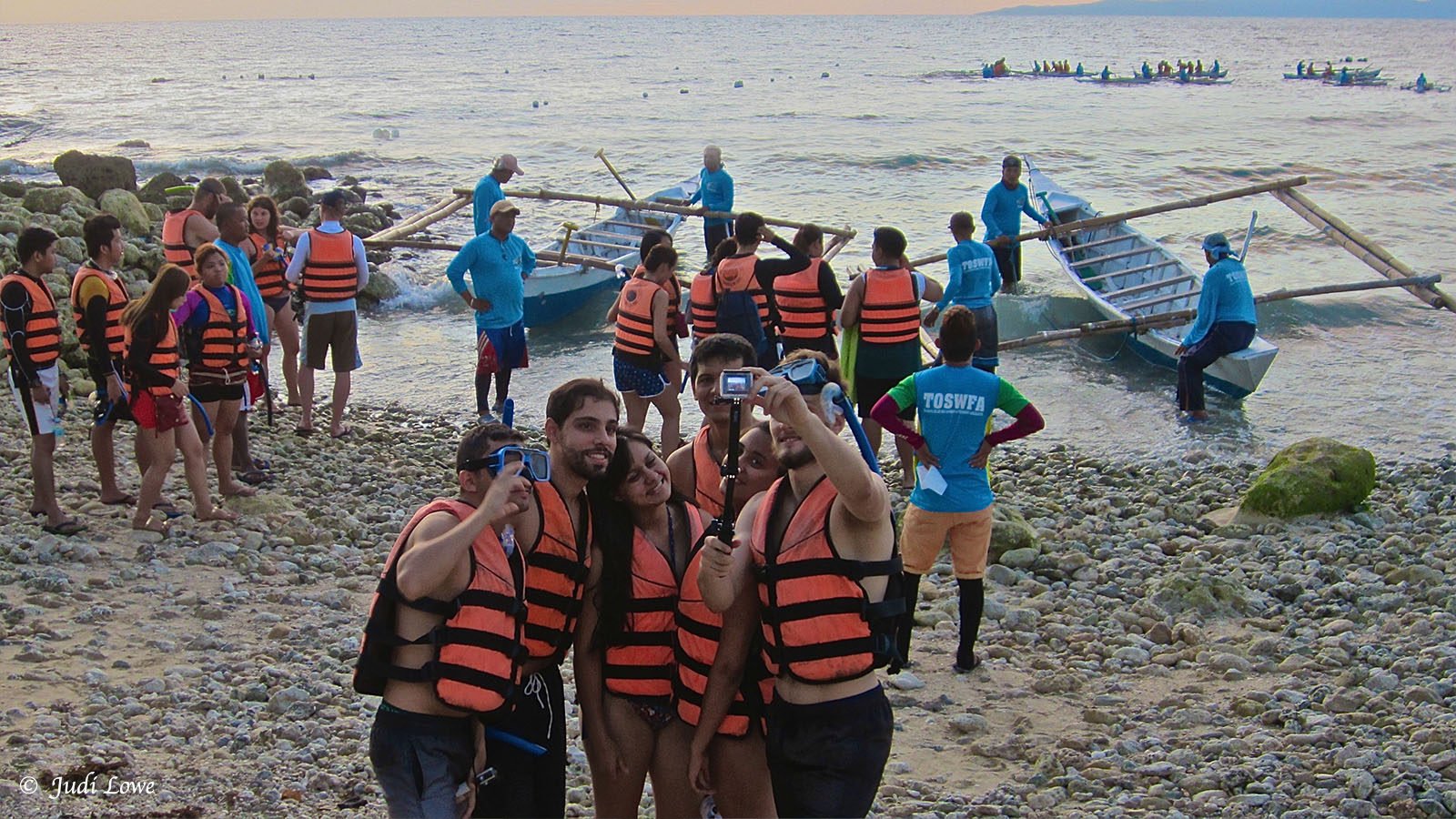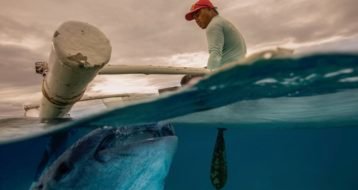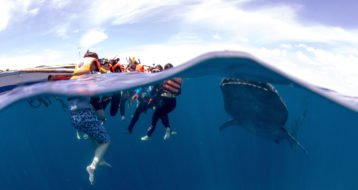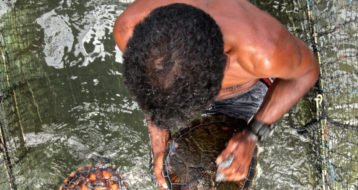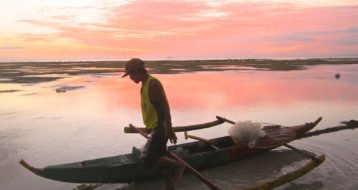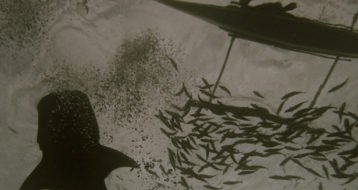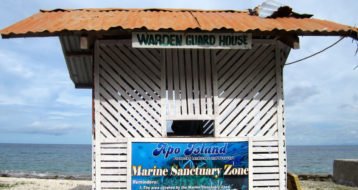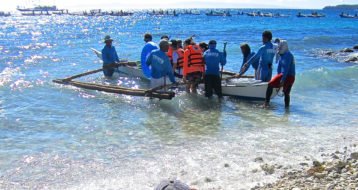the dive tourist
About the dive tourist
The dive tourist is about my PhD research on dive tourism and its impact on the conservation of coral reefs and marine resources and livelihoods for local fishers.
The actual title of my PhD is:
dive tourism and its impact on integrated coastal management and livelihoods for artisanal fishers
The reason I use the terms ‘conservation of coral reefs and marine resources’ and ‘local fishers’ instead of ‘integrated coastal management’ and ‘artisanal fishers’ is that the latter terms are not well understood outside marine conservation science. Here’s hoping this website can start to change that. To give you a head start though, integrated coastal management is a widely accepted framework for managing coral reefs and coastal areas in less developed countries. You will see later that it includes all the things you need to do, and stakeholders you need to work with to sustainably conserve in the coastal zone. More on that later.
The term ‘artisanal fishers’ comes from the word ‘artisan’, which means specialised, small scale production. Artisanal fishers are small scale fishers who use traditional gear. They generally fish for food and small incomes for the family table. When I was younger, we called them subsistence fishers. Here, we will call them local fishers. For the purposes of my research on dive tourism, local fishers are from neighbouring communities. Those neighbouring communities might be right next door or many kilometres/miles away up the coast or on another island. Local fishers are those who traditionally fish in the area surrounding dive sites.
Why have I created this website?
A common issue with PhD theses and scientific research is that they are written in scientific language and prescribed formats which make it very difficult for anyone but an expert in the field to understand. Research results can be lost because they are largely indecipherable to non-scientists. Results are published in scientific journals that can be expensive to access and equally difficult to read. Once you read a set of scientific results, it is not necessarily clear how they relate to the real world. Do they solve real problems?
The lack of accessibility and transparency in scientific journal articles is one of the biggest barriers to the uptake of scientific research by governments and business. I’m a very practical person. To my way of thinking the very best of worlds is where science, governments and business work together to solve real world problems. This PhD was designed to research real world problems in the role of dive tourism in the conservation of coral reefs.
My purpose here is to use plain language and concepts, well understood by the general public, to tell a story with my PhD research. I want divers and non-divers alike to know why the issues raised in my research are important to conserving coral reefs, what best practice dive tourism looks like and feels like and how you do it.
My research was conducted in the 112 less developed countries and territories of the tropics (around the equator, between the tropics of Capricorn and Cancer) and applies to those locations. My target audience for my research and this website is;
- dive tourists,
- dive tourism operators,
- marine protected area managers, and
- donors of funding for the conservation of coral reefs (generally, international development agencies, NGOs and private foundations).
It would be great if governments of the less developed countries and territories of the tropics interested in ensuring best practice dive tourism to conserve their coral reefs, find the website helpful too.
I hope you’ll fall in love with best practice dive tourism the way I did, head off exploring remote coral reefs and find bright spot dive operators to help you save and enjoy the world’s coral reefs.
Fabulous photographers
Diving coral reefs is such visual pleasure and it is a great honour to be able to convey some of the beauty of coral reef resources. This website would be nothing without beautiful images. I would like to extend a HUGE THANK YOU to the professional underwater photographers who have loaned their images for the dive tourist. Photographers loan their images because of their personal commitment to the conservation of coral reef resources and belief that dive tourism has a role to play.
Come back soon
This dive tourist is at a very early stage and is evolving. The website will grow and be updated regularly as research results are published in scientific journal article, so do check back. We are not yet, all we are going to be.
Kind regards,
Judi Lowe

Working with the Bantay Dagat (Sea Wardens) of Oslob


